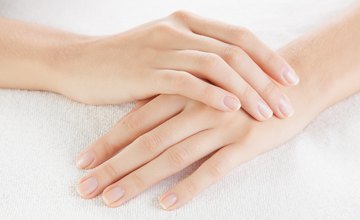
For individuals with a partial hand amputation, Point Designs offers unparalleled solutions through our existing prosthetic products. However, rehabilitation after amputation is highly encouraged before a patient can be fitted with a prosthesis, as the methods that are used play a critical role in the overall recovery process. As part of the rehabilitation process, a prosthetist, occupational therapist, rehabilitation physician or other medical specialist assesses the patient’s physical abilities, and based on the findings, works with the patient to set appropriate goals to help the individual who is recovering from limb loss.
In the United States alone, roughly 185,000 people receive a limb amputation every year. Sometimes, losing an arm or finger is the result of a car accident or disease. However, it’s also common in the men and women who serve in our military. The following are some additional statistics regarding amputations.
Before receiving a prosthesis, those with a limb difference are encouraged to join peer support groups, because regardless of how someone loses a limb, for most, it’s a traumatic experience. Having the ability to talk to other amputees, whether in person or through online support groups, can make a big difference in the recovery process.
Amputation physical therapy and vocational rehabilitation are also essential components of amputees taking back control of their lives. By working with a reputable rehabilitation physician, patients receive excellent support throughout all stages of the process. This medical professional also teaches amputees how to properly use their prosthesis in everyday life. This entails putting it on (donning), taking it off (doffing), keeping it clean, reporting any concerns, and so on.
The most important thing to remember for anyone who has experienced a recent amputation is that you are not alone, and that countless others have and currently are going through the same things that you are going through. Point Designs values each and every individual in the limb difference community and is committed to providing the entire community with support before, during, and after amputation.
For a full recovery, it’s imperative that amputees work with a diverse clinical team including a prosthetist, hand therapist, and rehabilitation physician. It is also imperative that the individual wear a properly selected and fitted prosthesis. Those two things combined will help lead to a successful recovery process.
It is common to feel nervous about putting on a new prosthetic device or taking it off. Your medical team will walk you through each step, helping to put your mind at ease.
One of the most important things a patient can do is to follow the instructions provided to them by their orthotist, prosthetist, and any other medical professionals they work with. Also, do not be afraid to ask questions!
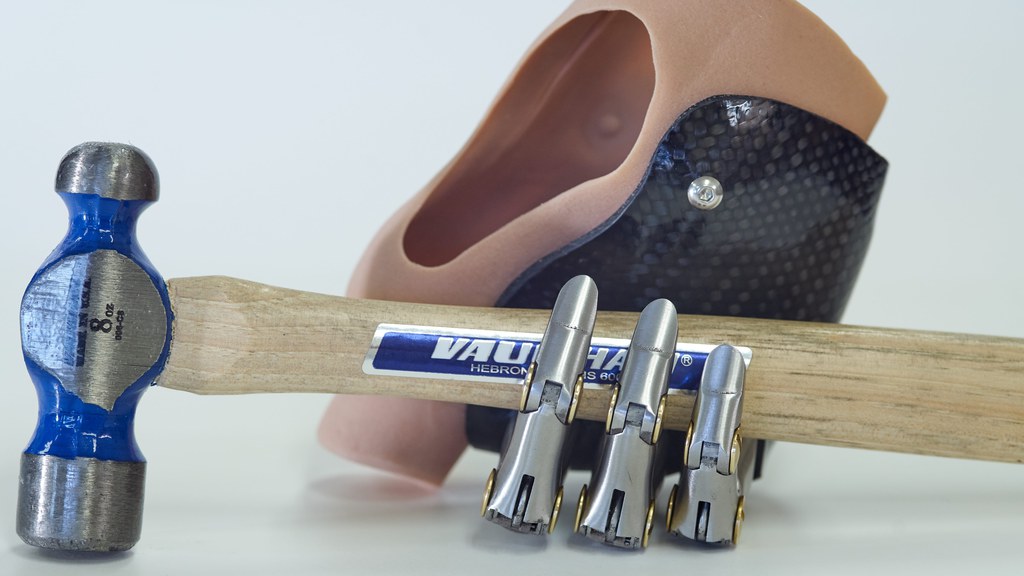
Regarding maintenance and care of your prosthetic, it generally depends on the device componentry. Caring for Point Designs prosthetic devices is an easy task due to the materials used and design implemented. The patient’s medical team will provide detailed information to ensure the device works optimally and lasts a long time while being functional in a variety environmental conditions.
In addition, patients should report any issues that arise to their skin or joints. They should check for any redness or swelling on a daily basis. This is necessary because residual limb sizes can fluctuate regularly due to swelling and water retention. If not careful, the residual limb can become irritated. As long as patients listen to what their medical team advises, there shouldn’t be any problems.
With a Point Designs prosthesis, an amputee can go about their daily life and quickly work towards doing many of the things they did before their partial hand amputation. Every case is different, and many amputees will have to “relearn” how to do many of the daily tasks that were once easy. The key thing to remember is that getting your prosthesis is the beginning of a life-long learning experience, and that it will most likely not feel intuitive at first, but will become second nature over time.
Regardless of the limb lost, amputees must take good care of their bodies. The more they improve their health, the better they’ll do during the recovery process and beyond. Any treatment that requires a finger amputation will almost always include physical therapy. The therapist will select the appropriate exercises for stretching and strengthening the hand muscles and over time, and patients will begin to regain the fine motor skills necessary to perform the daily tasks that are required of them.
Along with amputation physical therapy, it’s important for an amputee to make healthy lifestyle choices. For instance, patients should eat well-balanced meals and ensure they maintain proper hygiene. These things help build the body’s immune system so it can fight off infection and heal faster. This is also where peer visitation can make a difference because the patient will receive medical and mental health support. Patients learn how to cope with things like depression and phantom pain, which a lot of amputees deal with after losing a limb.
After amputation, It’s common for patients to experience what’s known as “phantom pain.” This is when the brain tells the body that it’s feeling pain in the limb even though it’s no longer there. Phantom pain is a very real issue for many people with amputation and, for some people, difficult to manage. Through rehabilitation and peer support group sessions, an amputee can work towards gaining the tools necessary to handle everyday challenges effectively.
Another potential complication that many amputees encounter is skin irritation. This usually happens if a prosthesis doesn’t fit properly or if the patient fails to follow their clinician’s orders on proper use. If you notice that your skin is becoming irritated, please consult your physician and follow their advice so that recovery is as quick as possible, and so that the irritation does not return.
Although already mentioned, it’s worth re-emphasizing the value of attending a peer support group. While having a great doctor and undergoing rehabilitation after amputation matters, interacting with other patients who’ve gone through the same experience is by far one of the most effective recovery methods. While it is difficult to attend in-person peer-support groups, there are many great options online and through various social media networks! A comprehensive list is attached to the bottom of this blog post.
In Peer Support groups, people often talk about their specific ordeals and experiences with limb-loss, which encourages other amputees to open up and share their experiences. As a result, individuals who attend these groups often feel encouraged and inspired. For many patients, peer support is what they need to push forward. Receiving advice from someone who truly understands what you’re going through is an extremely powerful tool that is needed for the recovery process.
If you ever have any questions or concerns about your amputation or your device, feel free to contact us on our website or on any of our social media platforms. We will help you as best we can by connecting you with the resources that you need.
Thank you for taking the time to read our blog post, and we look forward to your next visit to our website!
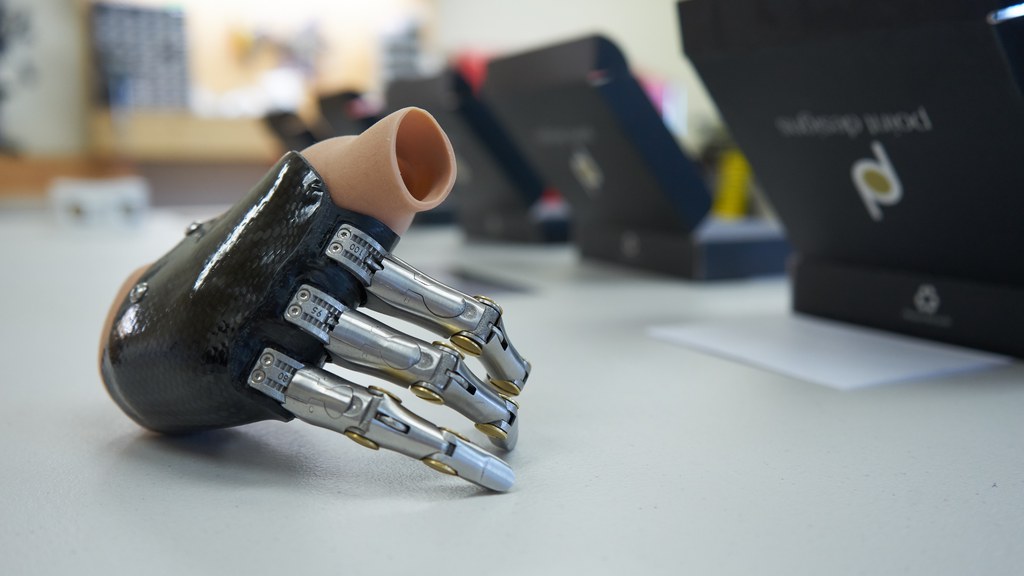
This is a facebook forum that is open for you to share questions, concerns, challenges, and triumphs related to your amputation. In addition to amputees, family members, caregivers, hand therapists, hand surgeons, nurses, prosthetists, billing specialists, and those pursuing a career in O&P are welcomed to the group. This group is maintained and organized by Naked Prosthetics.
The Limbs for Life Foundation is a global nonprofit organization dedicated to providing fully-functional prosthetic care for individuals who cannot otherwise afford it and raising awareness of the challenges facing amputees.
The Amputee Coalition serves as a resource for amputees and new prosthetic users. The Amputee Coalition operates a network of certified peer counselors to provide support to amputees
OPAF provides adaptive sport/activity workshops for anyone with a physical or mobility challenge.
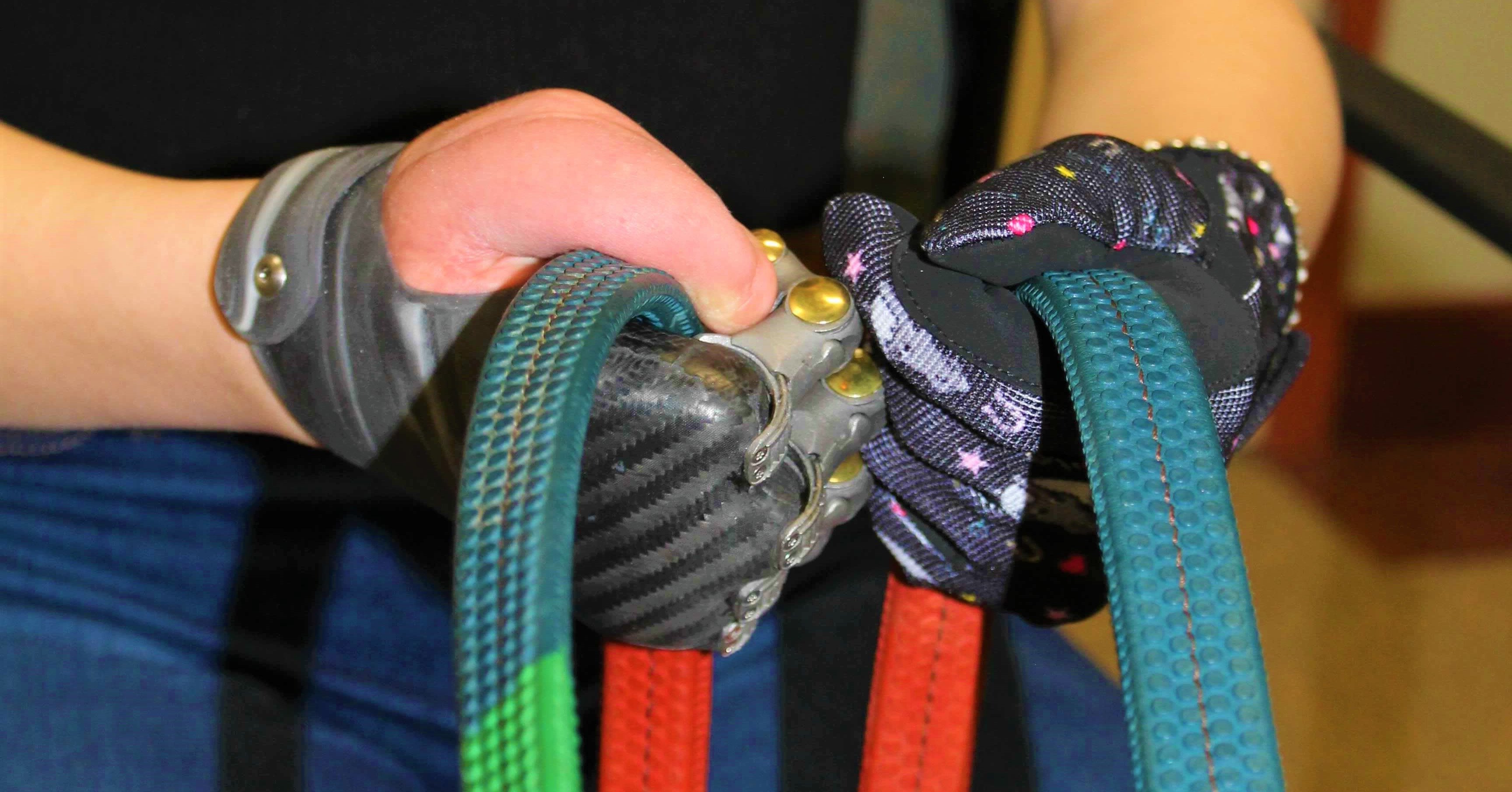
Patient Spotlight: Ava Foote In June 2017, Ava Foote slipped and fell onto a carpentry tool and her righ...
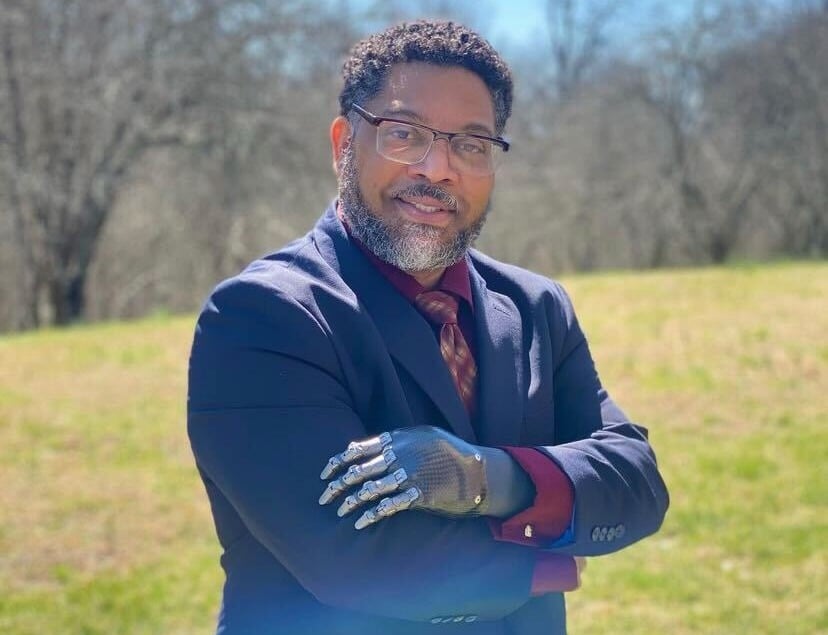
Patient Spotlight: Allen Bragg Point Designs is excited to welcome our newest ambassador, Allen Bragg! O...
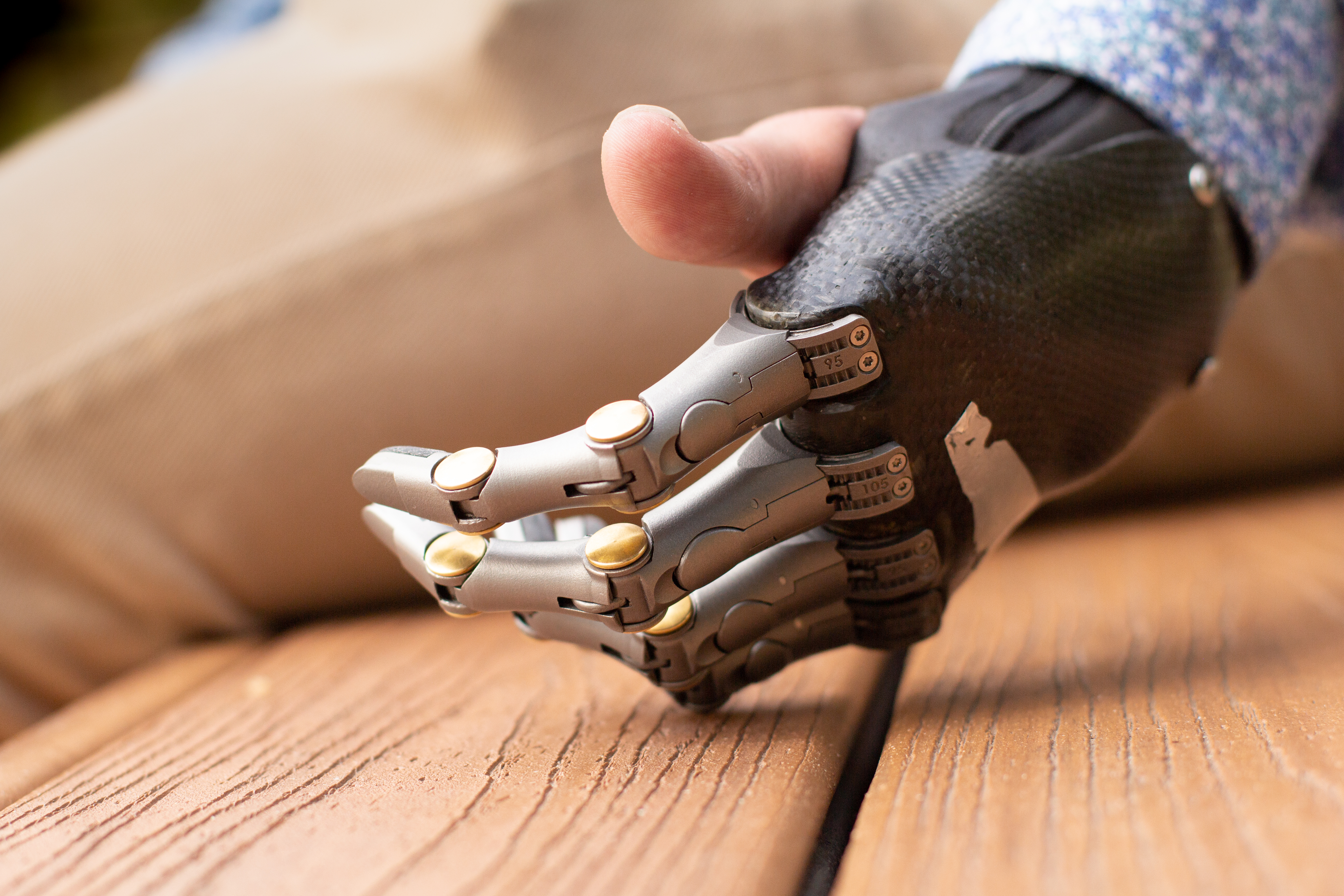
Point Designs receives an Advanced Industries (AI) Early State Capital and Retention (ESCR) Grant